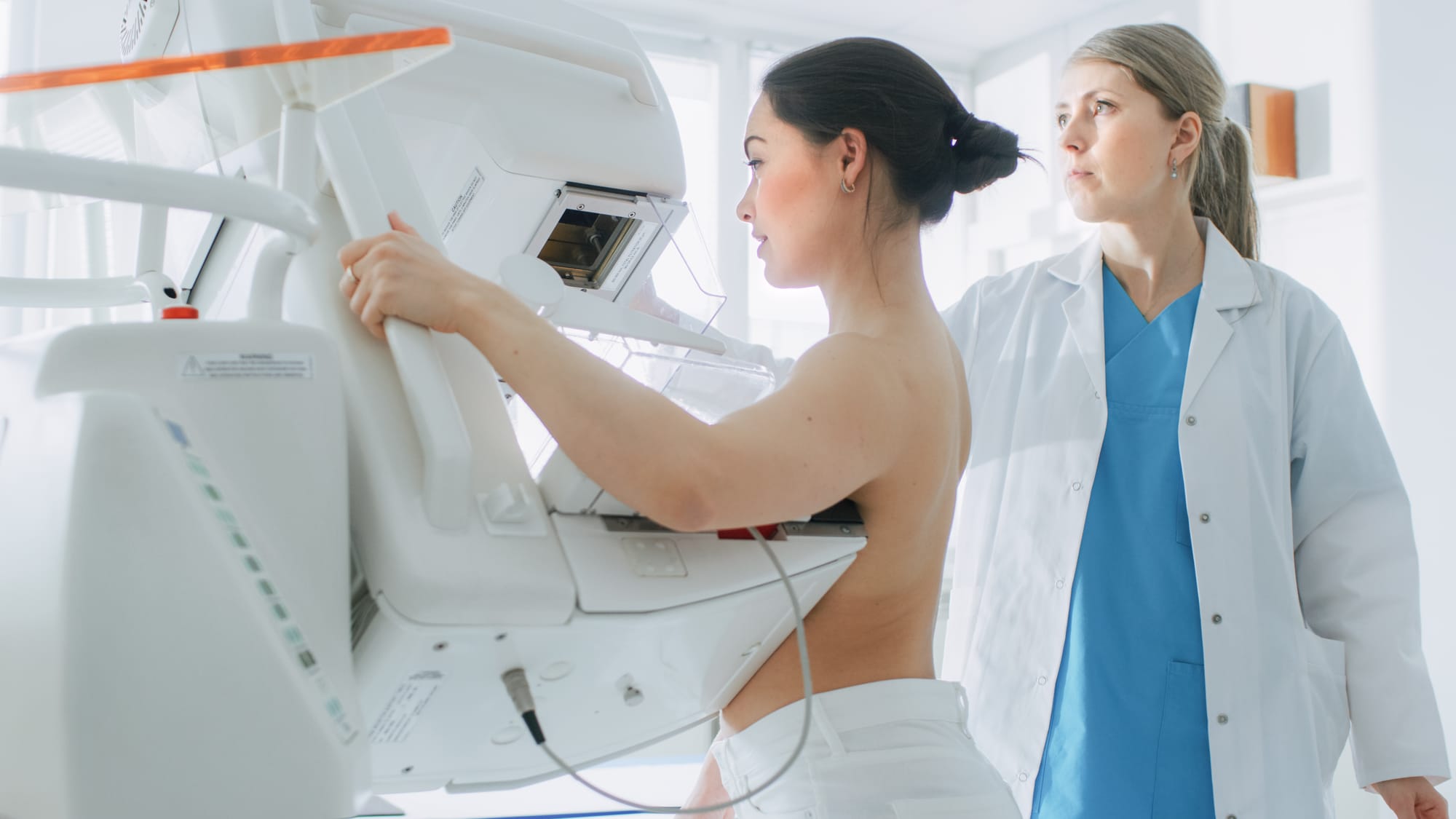In the fight against breast cancer, questions like 'Can gene therapy cure breast cancer?' become increasingly pertinent.
Gene therapy emerges as a promising strategy, offering a new way to tackle the disease by directly addressing its genetic basis. This method stands out in the ongoing struggle against one of the most common cancers in women globally. By focusing on the disease's genetic origins, gene therapy presents an alternative where conventional treatments might not suffice, highlighting its potential to significantly impact breast cancer management.
Breast Cancer Treatment Evolution

Traditionally, breast cancer has been combated with surgery, chemotherapy, hormonal therapy, and radiation. While these treatments have been lifesavers for many, they often come with harsh side effects and the risk of the cancer coming back. With the evolving question of 'Can breast cancer be treated with gene therapy?', this method represents a new frontier, offering the possibility to halt cancer growth more directly and with fewer side effects.
Exploring Gene Therapy
Exploring how gene therapy can be used to treat breast cancer, this approach seeks to alter cancer cells' genetic code or enhance the immune system's capacity to obliterate them. Despite its promise, this approach faces obstacles, such as understanding cancer's genetic underpinnings, delivering treatments to tumors effectively, and achieving lasting results.
Gene Therapy Tactics
The strategy hinges on two approaches: changing how cancer cells work or strengthening the immune system. Immunotherapy is especially promising because it targets cancer cells without harming normal cells, focusing on specific genetic changes in breast cancer, like mutations in HER2/neu, p53, and c-myc genes.
The Rise of Immunotherapy
Immunotherapy is notable for its precision and minimal side effects. It leverages T cells, known for their cancer-fighting abilities, to directly attack cancer cells or boost immune responses, marking a significant advancement in gene therapy for breast cancer.
Navigating the Path to Gene Therapy
The development of gene therapy, from its initial idea to real-world use, showcases the dedication of scientists. Tools like RNA interference and DNA vaccines are making strides against breast cancer. However, getting these treatments to their target without them breaking down remains a big challenge, leading to creative solutions in both viral and nonviral delivery methods.
Advancements in Clinical Trials
Despite hurdles, the forward movement in gene therapy trials brings hope. With cancer being the focus of over 63% of these trials, the search for effective treatments is alive and well. Experiments with therapies such as MetXia-P450 and Rexin-G have been promising – showing tumor shrinkage with few side effects. Moreover, techniques involving oncolytic viruses and DNA vaccines are exploring new ways to fight cancer cells by targeting specific proteins.
Evidence of Progress
The progress in gene therapy is backed by significant data, from the involvement of breast cancer patients in early MetXia-P450 studies to the tumor reduction seen in HF10 trials. These numbers don't just show the therapy's “potential” – they stress the importance of ongoing research in this area.
Looking Forward
Gene therapy is at a crucial point in the fight against breast cancer. Each discovery and successful trial brings us closer to treatments that focus on quality of life, not just survival. The road is tough, filled with scientific obstacles, but the chance to revolutionize how we treat breast cancer is a compelling reason to continue.






